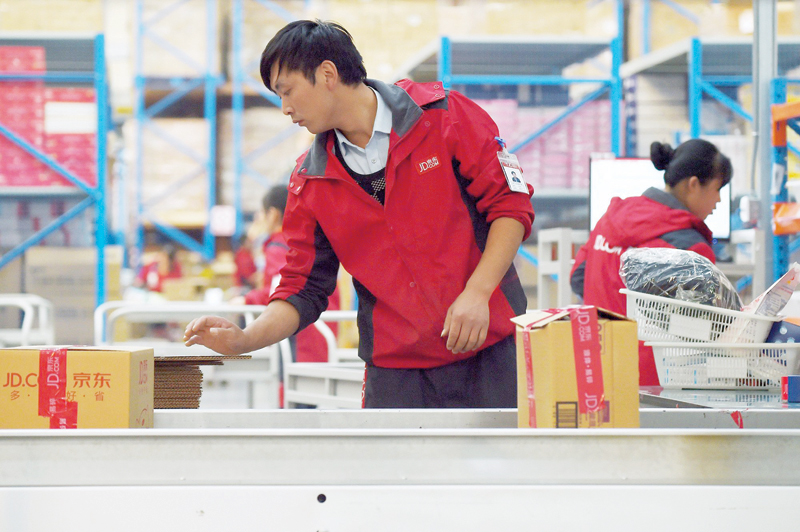

China may have a hiring headache on its hands, as reports of layoffs across the once-booming technology sector rise.
Beijing touted start-ups as alternatives to state giants and traditional industries, where wage growth and job creation has slackened. But if 8 million college students graduate into an innovation economy that isn’t hiring, officials might do well to consider the fallout.
Unemployment data on the world’s second largest economy is unreliable, but signs of stress are clear. Official and private surveys show factories are sputtering, with output and new orders slumping to near three-year lows in January.
A December poll by China Beige Book revealed hiring fell on a quarterly and annual basis across all sectors, with services and retail recording the steepest declines.
Gloomy headlines from the so-called new economy are a particular concern in Beijing; they disproportionately impact young members of the country’s rising middle class. Take the cash-strapped Ofo, an erstwhile bike-sharing champion which media reported in December had considered filing for bankruptcy.
Recently, Didi Chuxing, the $65 billion ride-hailing giant, said it will replace 2,000 employees, or 15 per cent of its work force, as part of a broader reshuffle.
Local media report e-commerce firm JD.com is terminating one in ten of its senior executives. Even Jack Ma’s $475 billion online shopping empire, Alibaba, lowered its full-year revenue forecast – although the group pledged to continue hiring in 2019.
Smaller peers are feeling even more strain. Internet-related job openings on recruitment site Zhaopin tumbled 51 per cent year on year in the third quarter last year, while online searches related to “layoffs” surged toward the end of 2018, notes analyst Ernan Cui at Gavekal Dragonomics.
A herd of young entrepreneurs who rallied to the governments’ call to start their own businesses are under increasing financial pressure. Venture capital and private equity invested just 29 billion yuan ($4.4 billion) in January, down 68 per cent from a year earlier, according to industry tracker Zero2IPO.
Beijing tolerated slower economic growth in traditional sectors on the logic that a more sophisticated services-based economy can generate more jobs with less credit-fuelled investment. Officials promised this would create better positions and higher wages for the new generation.
A tech hiring chill will test its ability to deliver. — Reuters
Oman Observer is now on the WhatsApp channel. Click here



